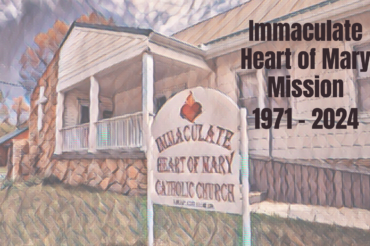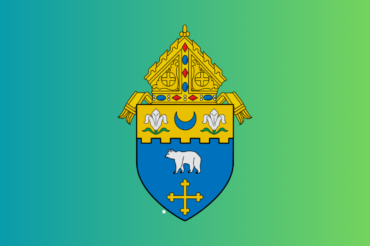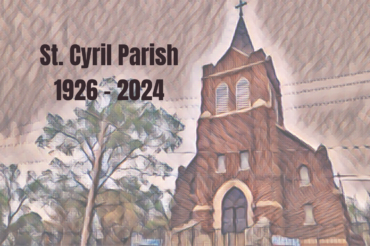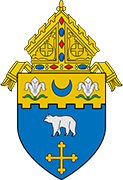Exchanging One’s Birthright
“Then Jacob gave Esau bread and a pottage of lentils, and he ate and drank, and rose and went his way. Thus Esau despised his birthright.” Genesis 25:34
Among the unusual and instructive episodes recounted in the Book of Genesis is that of Esau, the older brother of Jacob, the elder son of Isaac and Rebecca. As the elder, Esau had the rights of inheritance from his father, Isaac. Briefly recounted in chapter 25, we are told that one day Esau came in from the field and was famished. His younger brother, Jacob, happened to be making some soup and in a moment of foolishness, Esau agreed to sell his birthright to his younger brother for a bowl of soup—lentil soup at that!
This little story is very instructive for us. Let us first consider our “birthright” as Christians. Because of our baptism and our faith in Jesus Christ, we have become children of the Father, with all the benefits and the inheritance that comes with it now and later in heaven. It is promised to us as heirs, to use the terminology of Saint Paul. And yet, we can find ourselves in situations like Esau, willing to forfeit our inheritance, our birthright, for what amounts to a bowl of lentils.
This is what happens whenever we choose sin, especially deadly (mortal) sin. Human beings have strong appetites for all sorts of things. We find ourselves “famished” at times, longing to be filled, and suddenly stumble upon something that temps us by promising to temporarily satisfy that appetite or emptiness. The catch is that these attractive things are incompatible with our status as sons and daughters of God. Choosing these things turns us away from God in separation. In effect, we exchange our birthright.
Esau later regretted what he had done but had no chance to undo his foolish act. He is even mentioned in the Letter to the Hebrews as a warning: “See to it … that no one be immoral or irreligious like Esau, who sold his birthright for a single meal. For you know that afterward, when he desired to inherit the blessing, he was rejected, for he found no chance to repent, though he sought it with tears” Heb 12:15-17.
Perhaps Jesus had this story in mind when he told the parable of the Prodigal Son in Luke 15. In that story, it is the younger brother who exchanges his birthright, even thought he believes it lies only in the cold hard cash he is due. He runs through the money filling his appetites and ends up empty, separated from his father. Again, we cannot have it both ways. A life of sin separates us from God. In this case, however, the younger brother, “comes to his senses” in time, and returns to his father, not expecting to get his birthright back, but at least a job on which to survive. The father meets his son with mercy and restores him to his place in the family, giving him his birthright back!
If we consider it, our birthright as children of the Father is our greatest gift. It is what defines us now and sustains us as we travel toward heaven in this foreign land as wayfarers. It is the promise that beckons us onward. Let us not be so foolish to ever exchange that gift for something else, for compared to what we have been given, any created thing, no matter how apparently great, is a bowl of pottage in comparison. And should we be deceived, let us return to the Father in repentance and the Sacrament of Reconciliation to get our birthright restored while we can.
+James V. Johnston, Jr.
Bishop of Kansas City-St. Joseph
Catholic Key, July 9, 2019 issue
Pope Francis’ August Prayer Intention:
That families, through their life of prayer and love, become ever more clearly “schools of true human growth”.Bishop Johnston’s August Prayer Intention:
For the reconciliation of family members who are estranged from one another.





